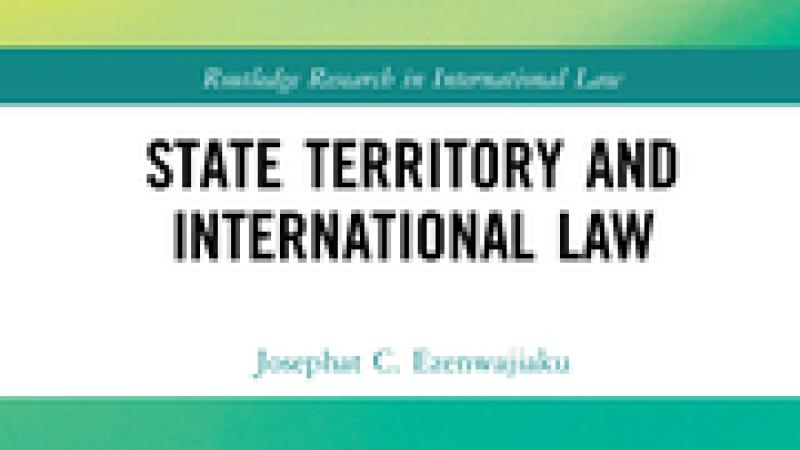
This book proposes a re-interpretation of Article 2(4) of the Charter of the United Nations to read, or at least include, respect for the inviolability of State territory.
While States purport to obey the prohibition of the Use of Force, they frequently engage in activities that could undermine international peace and security. In this book the author argues that State practice, opinio juris, as well as contentious and advisory opinions of the International Court of Justice, have promoted the first limb of Article 2(4). Although wars between States have decreased, the maintenance of international peace and security remains a mirage, as shown by the increase in intra- and inter-State conflicts across the world. The author seeks to initiate a rethinking of the provision of Article 2(4), which the International Court of Justice has described as the cornerstone of the United Nations. The author argues that the time is ripe for States to embrace an evolutive interpretation of Article 2(4) to mean respect, as opposed to the traditional view of the threat, or the use, of force. He also evaluates the discourse regarding territorial jurisdiction in cyberspace and argues that the efforts made by the international community to apply Article 2(4) to cyberspace suggest that the article is a flexible and live instrument that should be adjusted to address the circumstances that endanger international peace and security.
This book will engineer a serious debate regarding the scope of Article 2(4), which before now has always been limited to the threat or use of force. As a result, it will be of interest to academics and students of public international law, as well as diplomats and policymakers.